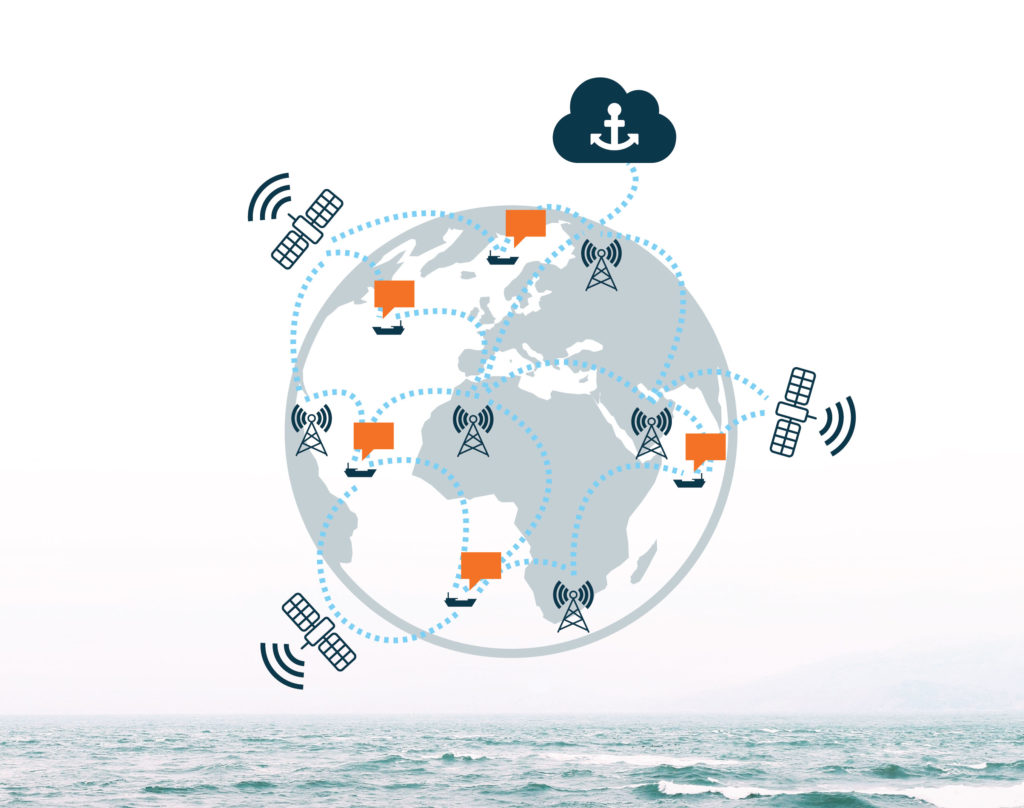EfficienSea2 supports IMO harmonization work
A number of partners in EfficienSea2 spent last week supporting the IMO’s and the IHO’s work on data modelling. The ambition is to boost the use of e-Navigation and lower administrative burdens through more harmonization of standards.
In the effort to boost efficient, safe and sustainable traffic at sea through improved connectivity for ships, the EU funded project EfficienSea2 was represented by a number of partners at a week-long session about harmonization hosted by the IMO in partnership with the IHO.
One such partner representing EfficienSea2 was BIMCO, which was present in its capacity as an NGO with consultative status at the IMO. Jeppe Skovbakke Juhl, Manager, Maritime Technology and Regulation at BIMCO, explains his purpose of attending the meeting:
“If we are to achieve a less burdensome shipping industry, a proper process of digital harmonization is an absolute must. In EfficienSea2 we [BIMCO] are working hard to contribute to that process, and the work done by the IMO and the IHO is a very important step towards that goal,” he says and continues:
“For BIMCO specifically we are focused on ensuring more interoperability in digital reporting. We have located some 1,500 data elements – things such as the captain’s name, or the draft of the ship or the number of cargo holds, etc. – that we hope to get harmonized IDs for. That way, much more reporting can be done from one machine to another and the captain and crew can focus on the navigation of the ship,” Jeppe Skovbakke Juhl ends.
Broad mandate for harmonization group
The meeting in London was the first sitting ever of the IMO/IHO Harmonization Group on Data Modelling created by IMO’s Maritime Safety Committee. Overall, the group is working to optimise the use, interoperability, flow and accessibility of relevant information and data within the maritime domain.
Potentially, that could mean many things, but the ambition on behalf of EfficienSea2 is quite clear, explains Thomas Christensen, Senior Advisor at the Danish Maritime Authority, another partner present in London to influence the work on data modelling:
“The group will investigate and propose new ways to ensure a standardised exchange of data in the maritime domain. That means trying to identify what data exchanges must be standardised, how to determine the proper standardisation and propose how the IMO and the IHO could manage an overarching data structure,” he says and concludes:
“Basically, it is about agreeing on how to code maritime information in a way different services can read. If we succeed, the future will be about developing new and better solutions rather than new and different formats.”
On top of supporting work in the IMO, EfficienSea2 has also developed the so-called Maritime Connectivity Platform or MCP (formerly known as the Maritime Cloud). On November 21-22, 2017, IALA hosted a workshop to adress the succesfull implementation of MCP – read more about it here.

